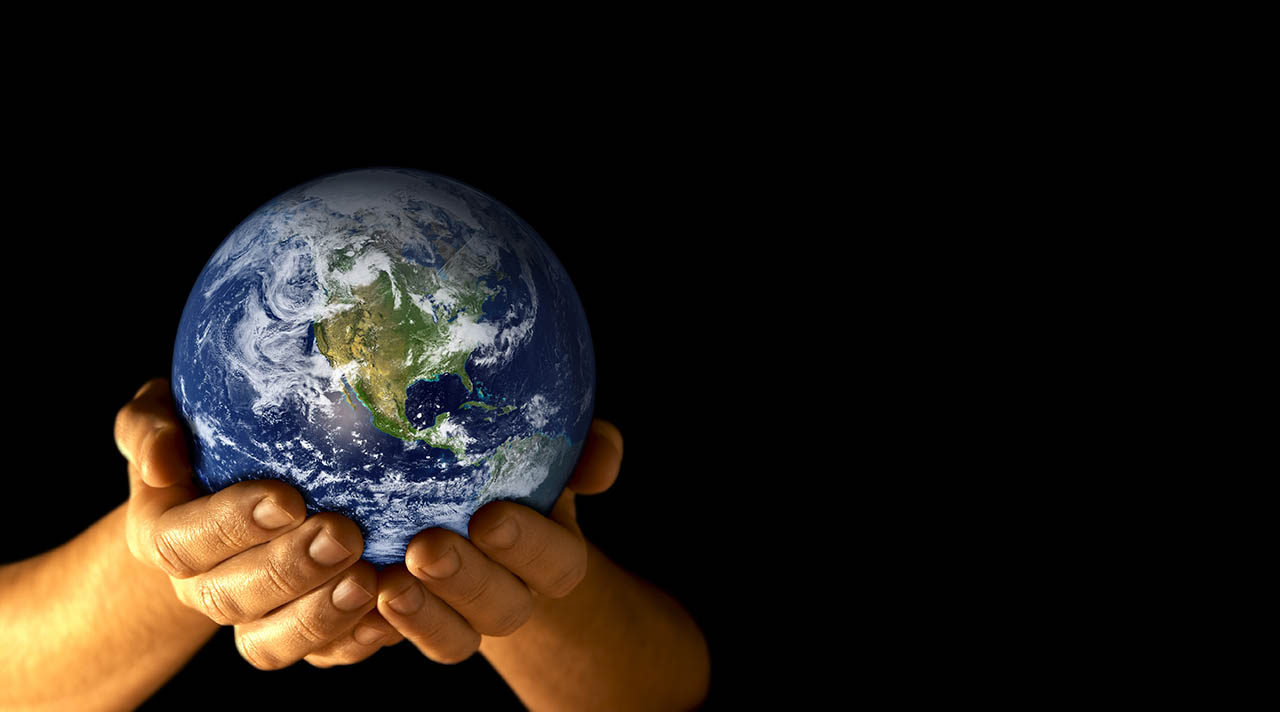Sustainability Bulletin: Climate indifference: A state of emergency
 CREDIT: ISTOCK (CIMMERIAN)
CREDIT: ISTOCK (CIMMERIAN)Indifference is a disaster in the making, and there is no Planet B.
We all say we are “fine,” but are we really?
The movie The Italian Job has a great acronym for the word: “Freaked Out, Insecure, Neurotic and Emotional.” I say that is an apt description. I would rather err in the side of caution than be indifferent. For sure, apathy is a recipe for disaster for sustainability.
We are not OK. The end of the world feels near.
We are experiencing record- breaking heat and cold waves. The warming air and ocean temperatures are increasing glacier ice melt, while the hurricanes we experience today are of a magnitude never seen before. New diseases are emerging, such as the novel coronavirus. Our technology, overpopulation and industries have weakened and altered our once robust ecosystems.
We have angered Mother Nature. In retaliation, she is now fighting back, and we only have ourselves to blame. Hell is upon us and we cannot feign ignorance anymore. Our inaction is the biggest danger; our biggest liability, ourselves.
Science is telling us that the effects of climate change will only get worse the longer we delay action. The 2016 Paris Agreement says we have until 2030 to cut our carbon emissions in half to get half a chance of staying below a 1.5-degree Celsius global temperature rise, above pre-industrial levels.
This statement is alarming. First, a 50 per cent chance. We are leaving our future to a flip of a coin. We are putting everything on the line and leaving it to chance. Second, even a half degree in temperature rise is a big deal. A 2016 study by the European Geosciences Union states that at two degrees Celsius, the chance of recovery vanishes. In this scenario, tropical corals will be virtually wiped out by the year 2100.
In a Sept. 18, 2019 speech delivered to the US House of Representatives in Washington, D.C., Greta Thunberg said: “We only have 360 gigatonnes of carbon dioxide left to emit.” Based on the University of Calgary’s Energy Education web page, a gigatonne is equivalent to 3 million Boeing 747 jets.
According to climate-transparency. org, the average amount of greenhouse gas emissions per capita among the G20, a group of nations with the most advanced economies in the world, is 7.5 tonnes. Canada’s emissions per capita are at 18.9 tonnes.
In addition, we have four times the G20 average for emissions per person from transportation, and more than twice the average emissions from buildings. The numbers may change, but the fact that there is a number above our heads should give us some pause. Better yet, it should make us squirm in our seats. We must stop being oblivious, while a cloud of apathy hovers above our heads. This is an existential crisis. There is no Planet B.
The following decades will be crucial. We must break out of past patterns. Stability will only be secured with change, and it can only be maintained with sustainable development. We must not compromise the Earth’s ability to provide for future generations.
Contrary to popular belief, sustainability is not merely about caring for the environment. It is so much more.
Fanshawe’s website states: “Sustainability incorporates environmental, social, economic dimensions that support human well-being, economic prosperity and environmental health over time.” Hence, sustainability is all-encompassing. To get the results we need to survive, we must transform. We cannot go about our daily lives expecting a different result. The world is changing, and so should we.
Personal transformation, a general shift in consciousness and behaviour, is now a necessity. Be aware of your ability to make connections with people, and to empathize with their situations. At the same time, be aware of who you are and what you want.
Be resilient. Vote with your wallet. Divest from fossil fuel investments. Advocate for Indigenous peoples. Push the federal government to make good on its commitment to exceed its 2030 emission goal and achieve net-zero carbon emissions by 2050. Fight and stand up for a chance at a prosperous future.
There is no more room for apathy. We must make Earth our priority because the countdown has already begun.
We are not fine. We won’t be okay, until you do something about it. Fight today for a better tomorrow.














